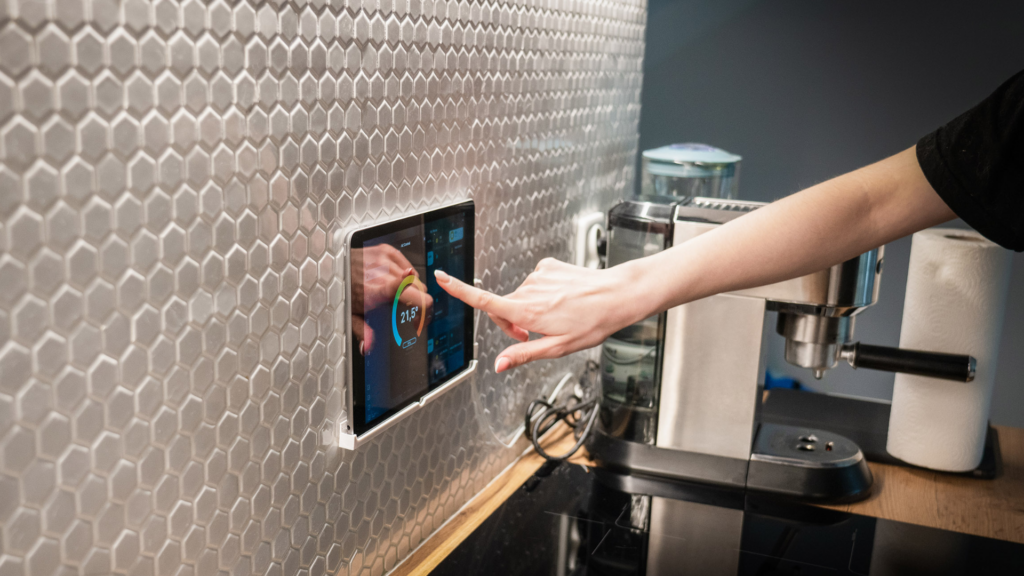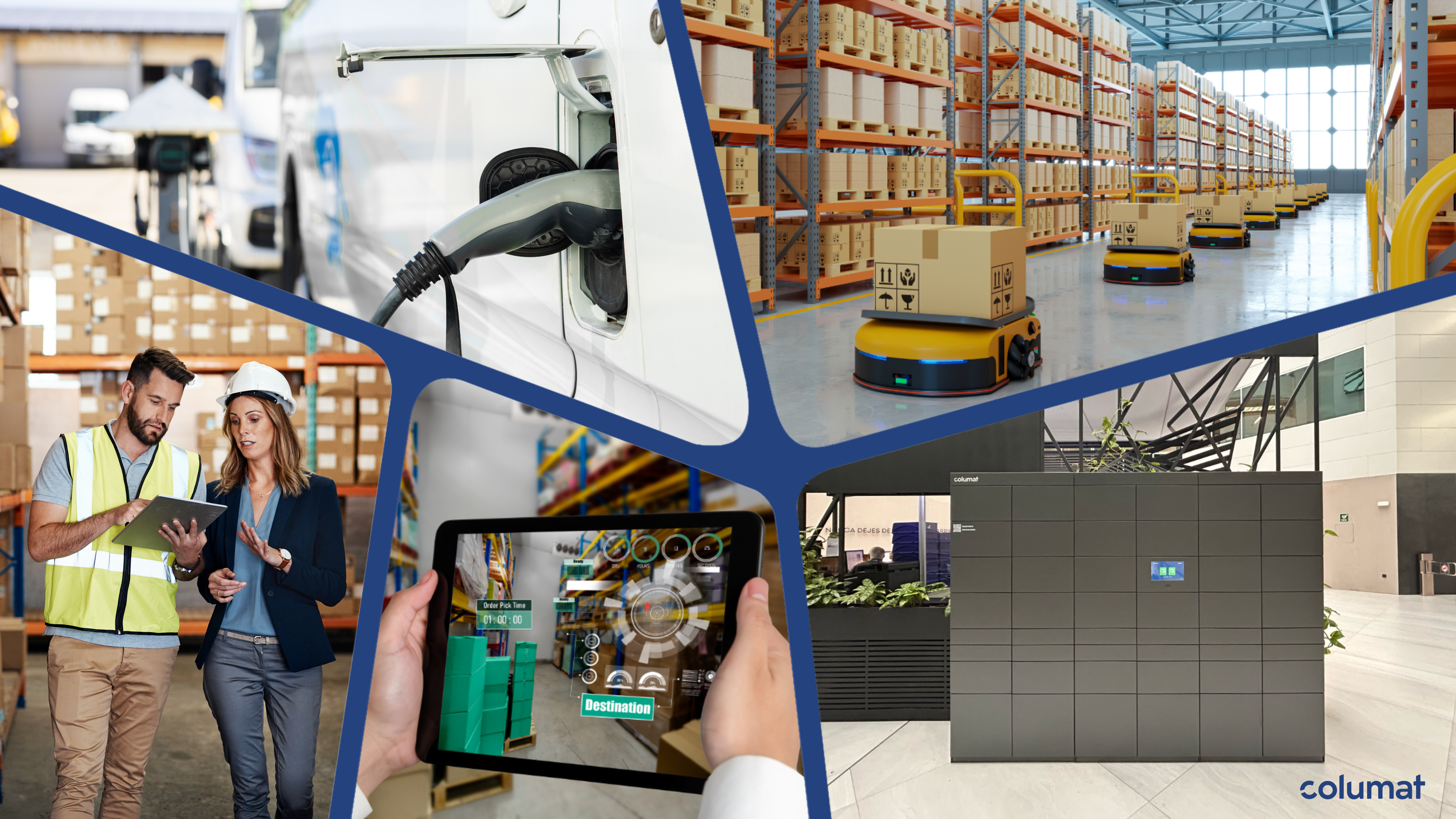Smart buildings
Intelligent buildings are more present than ever in construction, adapting to new technological trends. What is your new reality? Read the blog and find out!
In the era of connectivity and digitization, smart buildings have emerged as key players in the evolution of our cities. These advanced structures not only offer operational efficiency, but also improve the quality of life for their occupants. Let's take a look at the most exciting and promising trends that are shaping smart buildings.

1. Internet of Things (IoT) and Smart Sensors
The integration of the Internet of Things (IoT) and smart sensors is one of the most impactful trends in building construction. These connected devices enable real-time monitoring of different systems, such as lighting, HVAC and security management. Sensors can also collect data on the occupancy of spaces, thus optimizing the use of resources and improving energy efficiency.
2. Energy Efficiency and Sustainability
Sustainability has become a fundamental pillar of smart buildings. Implementing green technologies, such as solar panels, energy-efficient energy management systems and rainwater harvesting systems, not only reduces the environmental footprint, but also lowers long-term operating costs.
3. Intelligent buildings managed with Artificial Intelligence.
Artificial intelligence (AI) is transforming the way buildings are operated and managed. AI systems can analyze large amounts of data in real time, anticipating needs and automatically adjusting temperature, lighting and other factors to optimize comfort and efficiency.
4. User Experience and People-Centered Buildings
Smart buildings are evolving towards a people-centered approach. This involves the implementation of technologies that enhance the user experience, such as mobile applications that allow occupants to control the environment, access services and receive information about the building.

5. Blockchain for Property Management
Blockchain technology is being introduced into smart building property management. This decentralized and secure approach can be used to manage rental contracts, financial transactions and access to spaces efficiently and securely.
6. Smart Cities and Connected Buildings
The interconnection of buildings in smart cities is a rapidly growing trend. Collaboration between different structures enables more efficient management of urban resources, from mobility to security and waste management.

7. Smart Buildings with Cybersecurity and Data Protection.
As smart buildings become more dependent on technology, cybersecurity becomes a crucial priority. Protecting data and systems against cyber threats ensures the integrity and confidentiality of information collected and shared in these environments.
Smart buildings are shaping the future of our cities, offering efficiency, sustainability and an enhanced occupant experience. As these trends evolve, we can anticipate a more connected, sustainable and people-centered urban landscape. Get ready for the exciting journey to the city of the future!


